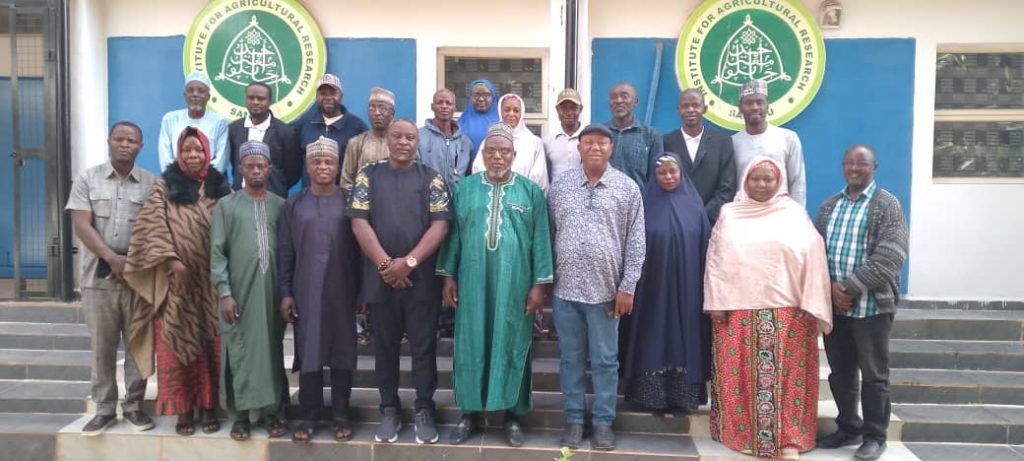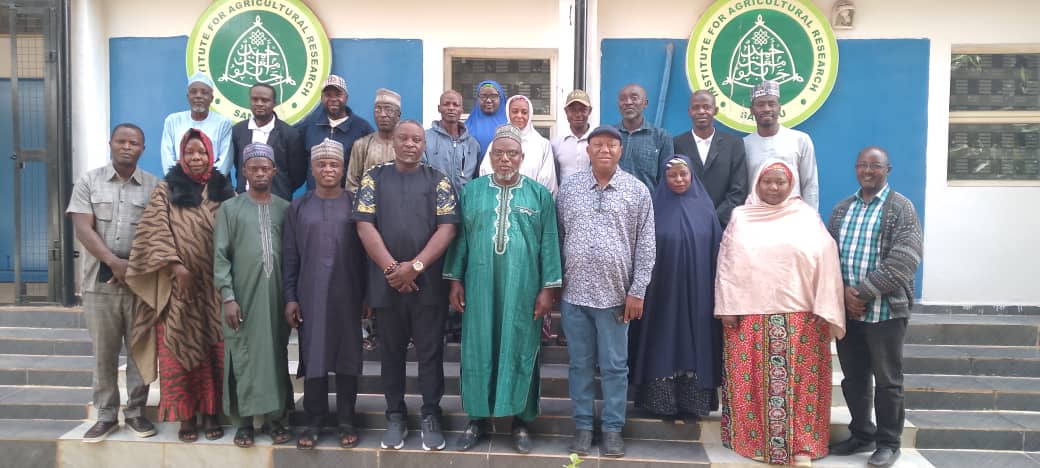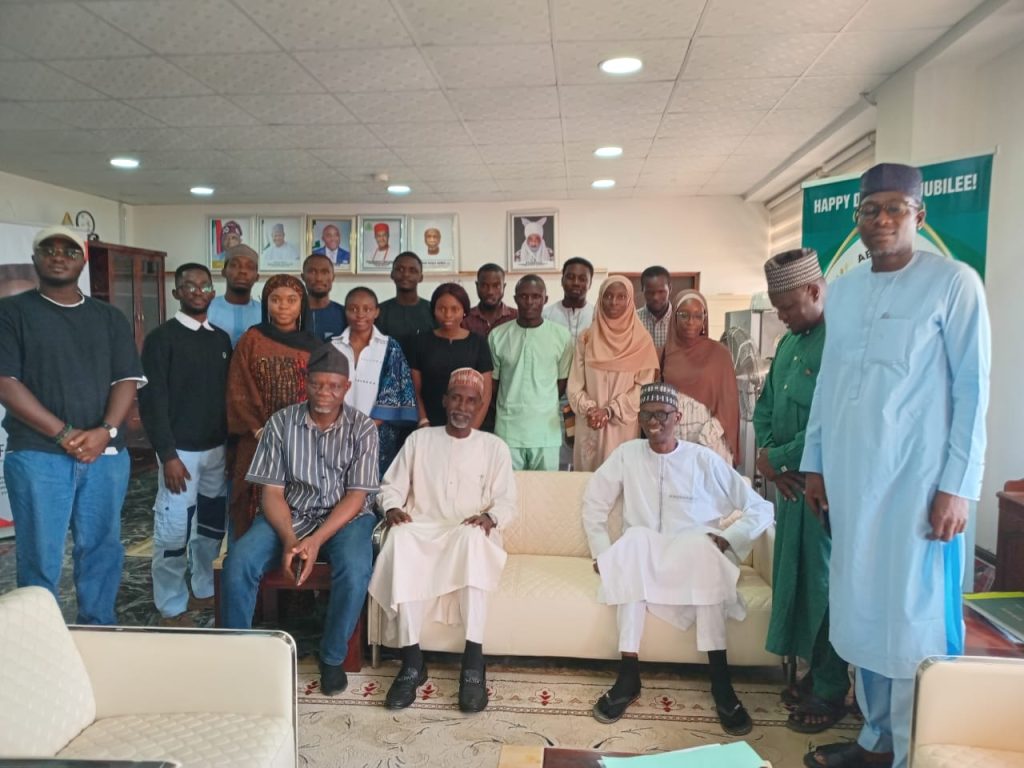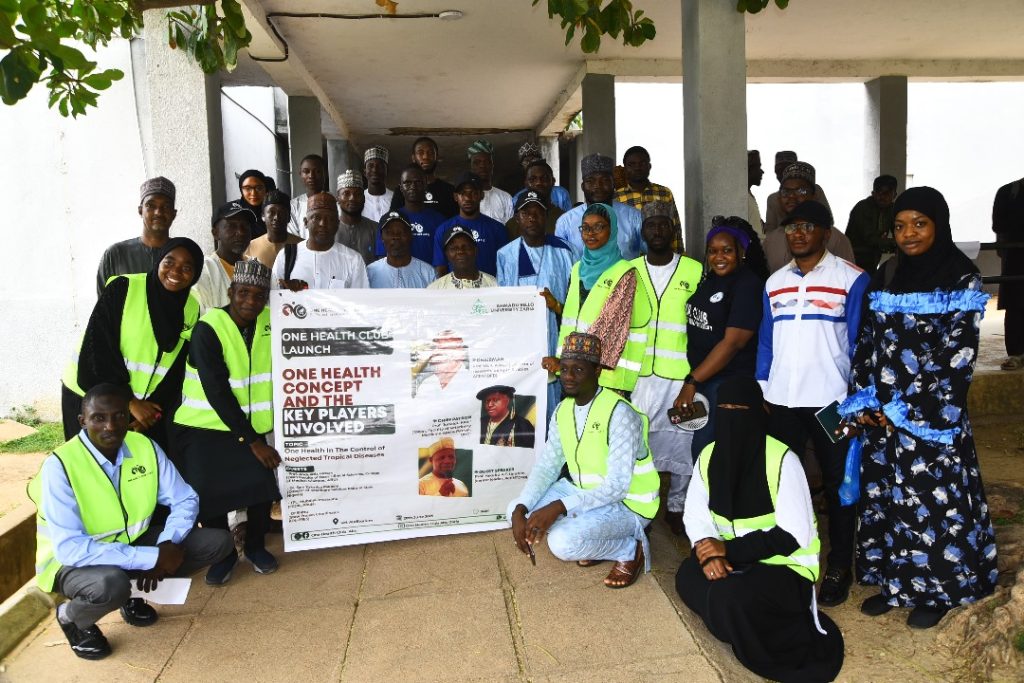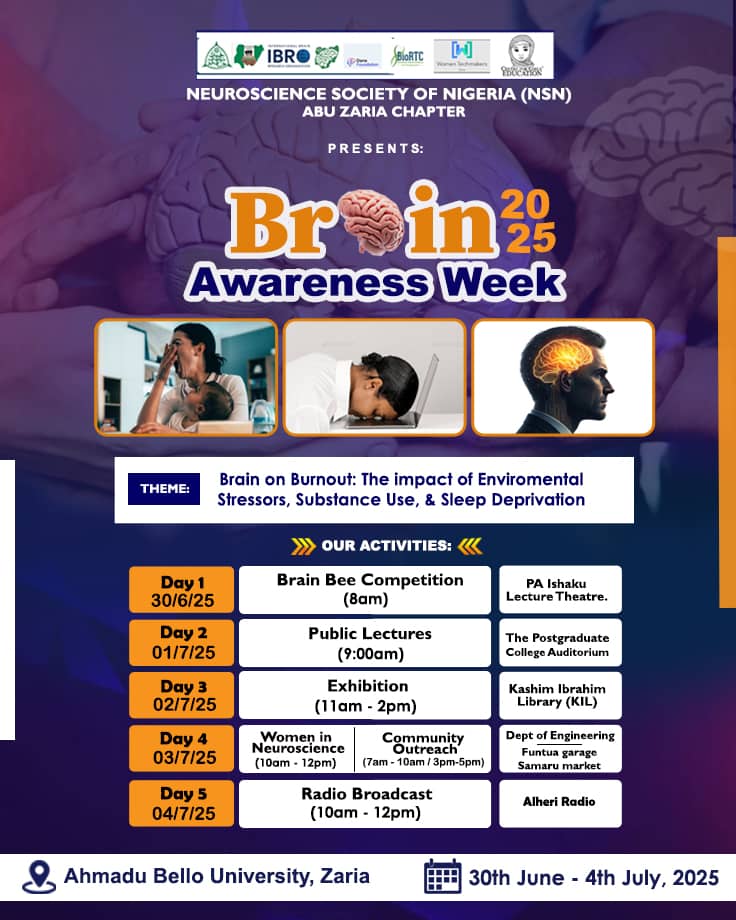IAR organises media training workshop for scientists, technicians on Tela Maize
The programme Tela Maize Nigeria Unit of the Institute for Agricultural Research (IAR), Ahmadu Bello University, Zaria, has organised a media training workshop for scientists and technicians on responding to genetically modified (GM) issues.
The workshop took place today (Thursday, 21st November, 2024) at the Institute’s Conference Hall, Samaru, Zaria.
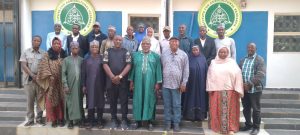
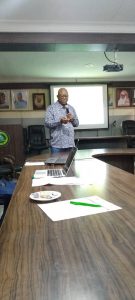
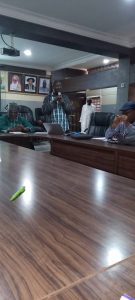
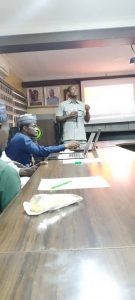
In an opening remark, the Executive Director (ED) of IAR, Prof. Ado Yusuf, explained the essence of the workshop, saying that it was organised to educate the general public on what Tela Maize and Generally Modified Organisms (GMOs) are.
Represented by the Deputy Director, Prof. Nafiu Abdu, the ED said over the years, there are misconceptions and media propaganda that Tela Maize is poisonous and detrimental to human health, hence the need for the Institute to address the veracity of the false information.
Prof. Yusuf appreciated all participants and wished them a hitch-free exercise.
Speaking on the objectives of the workshop, the Head of Media Unit of IAR, Mr. Yakubu Dodo, stated that the training was put together to acquaint participants with requisite skills in responding to issues in the social media space.
Dodo said it is also to build confidence of participants in approaching the public with facts about Genetically Modified (GM) crops.
This, according to him, will enhance institutional capacity for effective communication to the public on GM technologies.
Presenting a paper titled “Communicating the Science Behind Biotechnology/GM Technology”, one of the resource persons, Mr. Onche Odeh emphasized that science is interesting, but only to the scientists and the patrons of their works, hence the need to communicate it nicely to the public.
Odeh affirmed that science and media are entangled in a history of a growing web, evident in increasing use of media by science, increasing attention to scientific ideas by media institutions and increasing tensions/controversies caused by the rising interactions.
He decried the decline of journalistic tradition of objectivity which is often distorted by false balance and giving equal weight to opposing views.
Odeh said scientific issues may be closely interwoven with moral and ethical controversies, GM technology, stem cell research, evolution and climate change.
The resource person lamented that it’s not always easy for journalists or the public to accept the tenet that all scientific knowledge is provisional.
In another presentation titled “GMOs and Media: Reframing the Language for Better Engagement”, an agricultural reporter with Media Trust Ltd (Publishers of Daily Trust), Mr. Vincent A. Yusuf, noted that public opinions about Genetically Modified Organisms are greatly influenced by the language used in media coverage.
Mr. Vincent argued that research has demonstrated that framing can influence attitudes and behaviors by evoking either positive or negative associations, stressing that understanding these effects is critical for effective communication.
He said the media usually presents a skewed image of GMO technology, which can lead to misunderstandings and misinformation, exacerbating public concerns.
The journalist submitted that the media often portrays GMOs with fear-inducing language, focusing on potential risks and unknown consequences, adding that it is not healthy to the technology.
Delivering a lecture on “Effective Media Engagement Strategies for Enhanced Public Understanding of GM Technology”, the Communications Officer, West and Central Africa of African Agricultural Technology Foundation, (AATF), Mr. Alex Abutu, advised scientists to develop clear audience-centred messaging by simplifying complex concepts through the use of layman friendly language to explain scientific terms.
Mr. Abutu said that building relationship with the media professionals, training journalists, conducting workshops to educate journalists will help in ensuring accurate reporting of GM Technology.
The Communications Officer enjoined IAR to put in more efforts in learning the use of social media in changing the narratives on the misconceptions about Tela Maize and the GM Technology.
………………………………….
Public Affairs Directorate,
Office of the Vice-Chancellor,
Ahmadu Bello University, Zaria.
(AHW)
Thursday, 21st November, 2024
